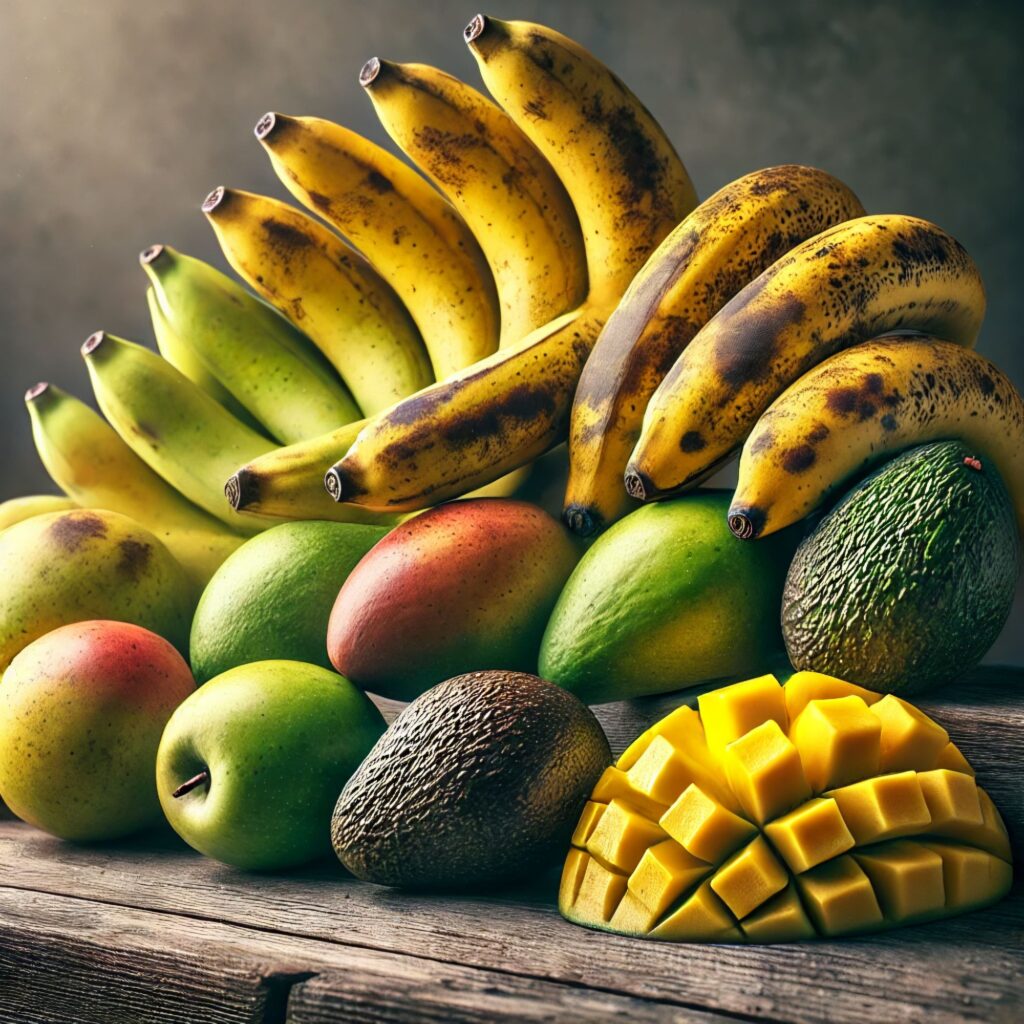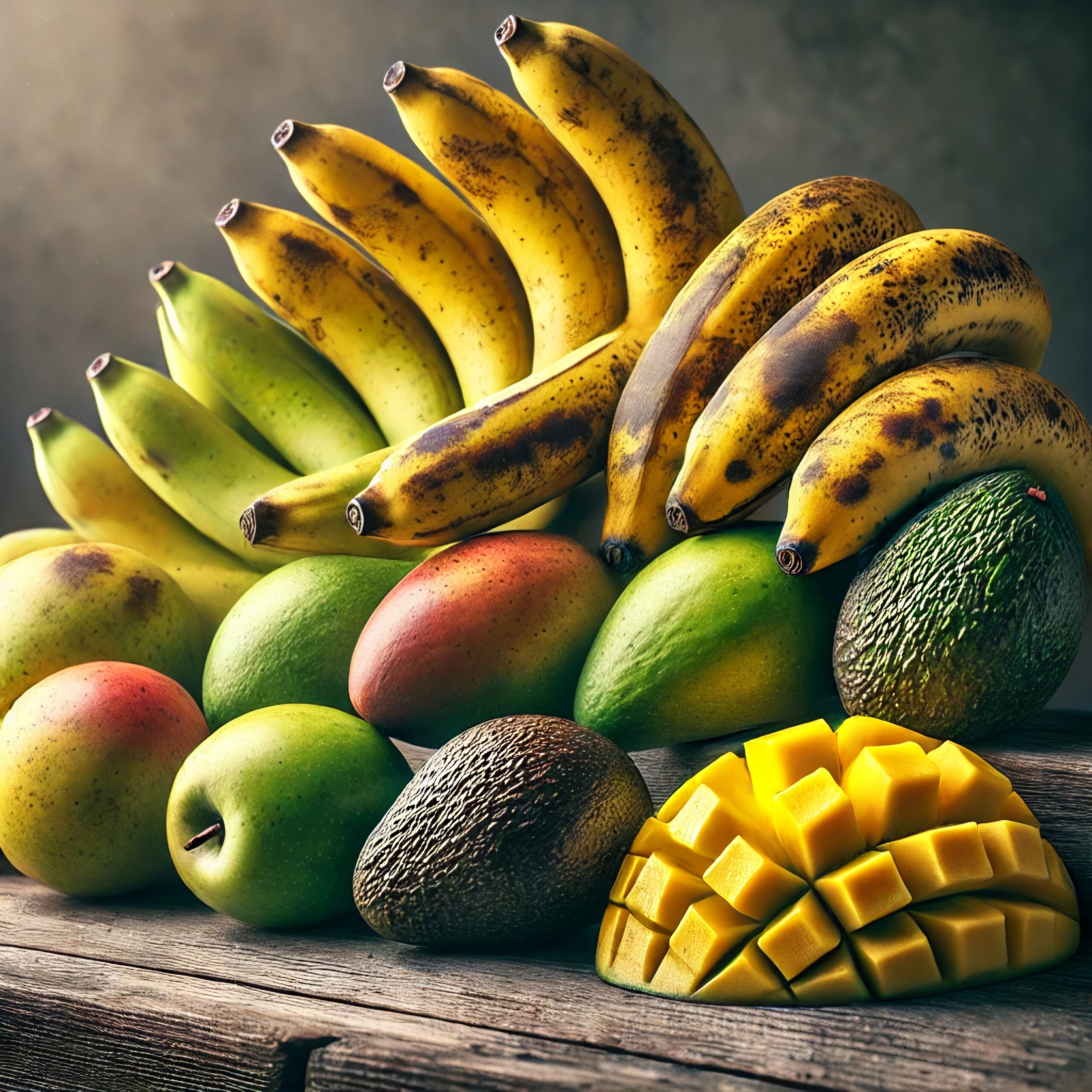As fruits and vegetables ripen, they go through fascinating changes in flavor, texture, and nutrients. What Happens When Fruit Ripens: The Sweet Science of Aging Fruits and Vegetables explains how these changes not only affect taste but also have health benefits. Discover why some fruits become sweeter as they age and what ripening means for nutrition.

Natural Sugar Release: The Sweetening Process
During ripening, many fruits release natural sugars, enhancing their sweetness. Enzymes break down starches into simpler sugars like glucose and fructose. This process makes fruits like bananas and mangoes taste much sweeter when fully ripe.
Why It Matters:
Increased sweetness makes fruits more enjoyable.
Simple sugars provide quick energy.
Natural sugars are healthier than added sugars.
Ripe fruits satisfy sweet cravings in a nutritious way.
Softening and Texture Changes
Ripening causes fruits to soften, making them easier to eat. As pectin breaks down, fruits like peaches and avocados lose firmness. This texture change is part of natural aging and also makes certain nutrients more accessible.
Why It Matters:
Softer fruits are easier to digest.
Nutrients are often more bioavailable.
Pleasant textures improve the eating experience.
Enjoy ripe fruits at their peak softness for optimal flavor and nutrition.
Nutrient Shifts During Ripening
Ripening can affect the nutrient profile of fruits and vegetables. For example, bananas become richer in antioxidants as they age. The levels of vitamins, minerals, and even fiber can vary during different ripening stages.
Why It Matters:
Antioxidants increase in some ripe fruits.
Nutrient content shifts as fruits mature.
Ripened fruits offer specific health benefits.
Eating a variety of ripeness stages can provide balanced nutrients.
The Role of Ethylene: Nature’s Ripening Hormone
Ethylene gas is a natural plant hormone that triggers ripening. Fruits like bananas and apples produce more ethylene as they age, accelerating the ripening process in nearby fruits. That’s why storing them together can speed up ripening.
Why It Matters:
Ethylene can naturally speed up ripening.
It’s ideal for ripening avocados or kiwis at home.
Understanding ethylene helps manage fruit ripening.
Use ethylene-producing fruits to ripen other produce as needed.
Embrace Ripeness for Flavor and Nutrition
Ripening enhances the flavor, texture, and nutrients in fruits and vegetables. By understanding the ripening process, as explained in What Happens When Fruit Ripens: The Sweet Science of Aging Fruits and Vegetables, you can enjoy fruits at their tastiest and healthiest stage. Let natural ripeness guide your choices for the best balance of taste and nutrition.
For more information on the health benefits of various fruits and vegetables, visit our Fruits and Vegetables page. For additional tips and recommendations, explore our Health Journal.
